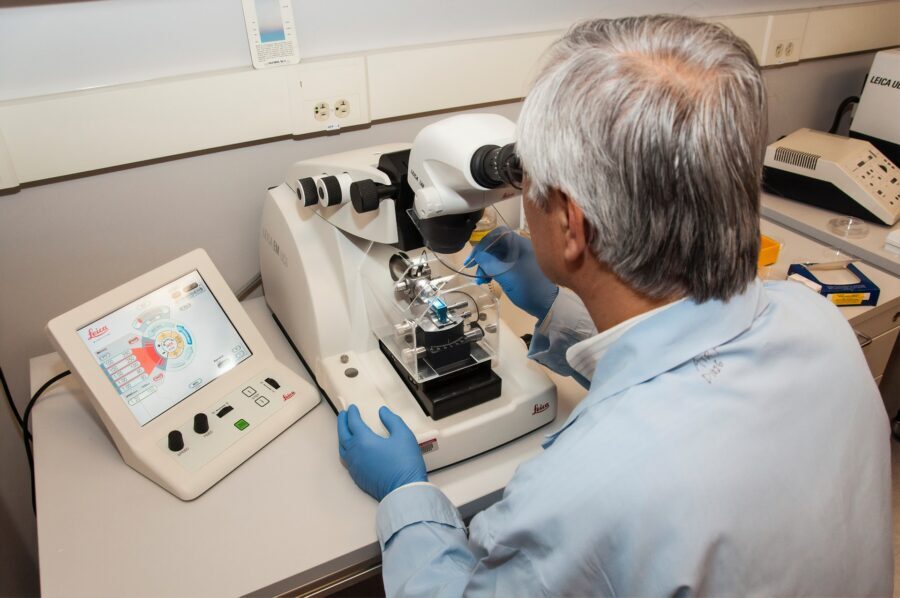Health
First Alzheimer’s blood test made more affordable

WHAT YOU NEED TO KNOW:
- A new blood test that would assess Alzheimer’s disease will soon be sold at doctor’s offices.
- Thanks to C2N Diagnostics of St. Louis, more patients can avail of it due to it being simpler and more affordable unlike PET brain scans.
- The test, which costs $1,250, can ascertain the presence of amyloid plaques in the brains of patients 60 years and older.
The first ever blood test that would help detect Alzheimer’s will soon be available for use at doctor’s offices despite concerns regarding its safety and efficacy.
Introduced by C2N Diagnostics of St. Louis, the test assesses the likelihood of amyloid plaque build-up in the brain of patients, which are a pathological trademark of Alzheimer’s disease.
Currently, PET brain scans are most often used to determine Alzheimer’s. However, patients avoid it because besides being costly it’s not even covered by insurance, thus, resulting in more unanswered questions about the cause of memory loss symptoms.
Priced at $1,250, the new test is solely for people 60 years old and older who have cognitive problems and being assessed for Alzheimer’s. While insurance or Medicare doesn’t cover it, varying discounts are provided for low-income patients. Results are delivered by a doctor within 10 days.
Experts though remain dubious about the new breakthrough because for one, its test results have not yet been published and two, it has yet to receive approval from the US Food and Drug Administration.
Still, patients and physicians say an easy and affordable test made available in a doctor’s office is long overdue.
Former California nurse Tammy Maida told the Associated Press that the test could have saved her a decade’s-worth of visits to the doctor who linked her symptoms to depression or menopause before a costly $5,000 brain scan revealed she had Alzheimer’s.
C2N Diagnostics chief executive Dr. Joel Braunstein said the company is now seeking approval from the FDA and at the same time defended the company’s choice to begin selling the tests even before a government review of the results can be published.
“Should we be holding that technology back when it could have a big impact on patient care?”
According to its promotional materials, test outcomes indicate that the test can correctly recognize brain amyloid plaque status with an 86 percent efficacy as compared to PET scans.
Source: New York Post
